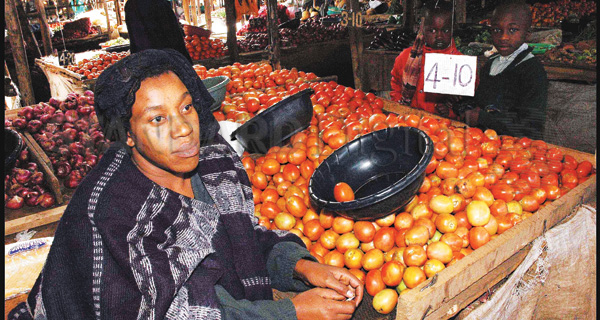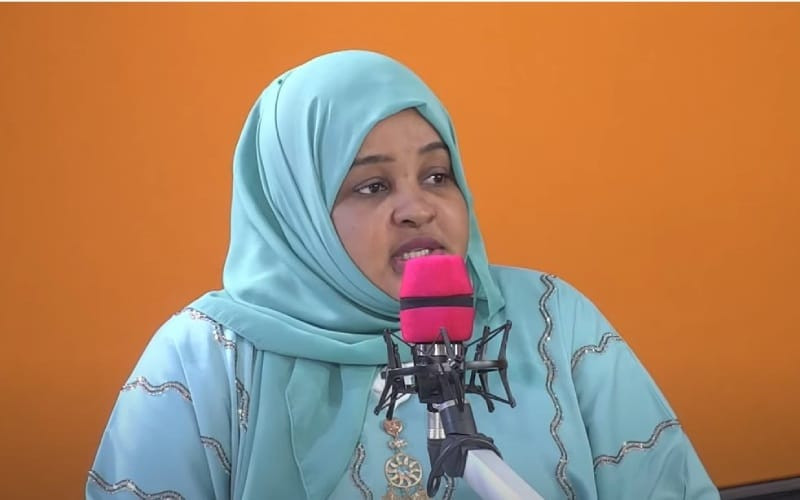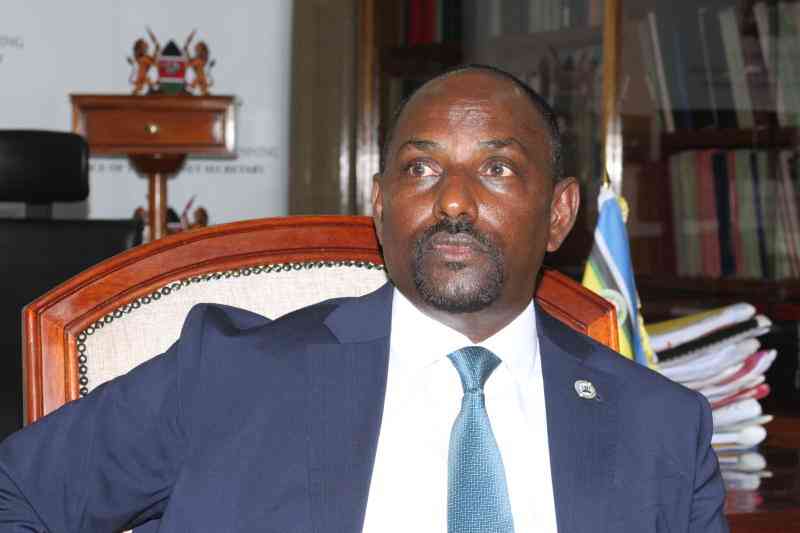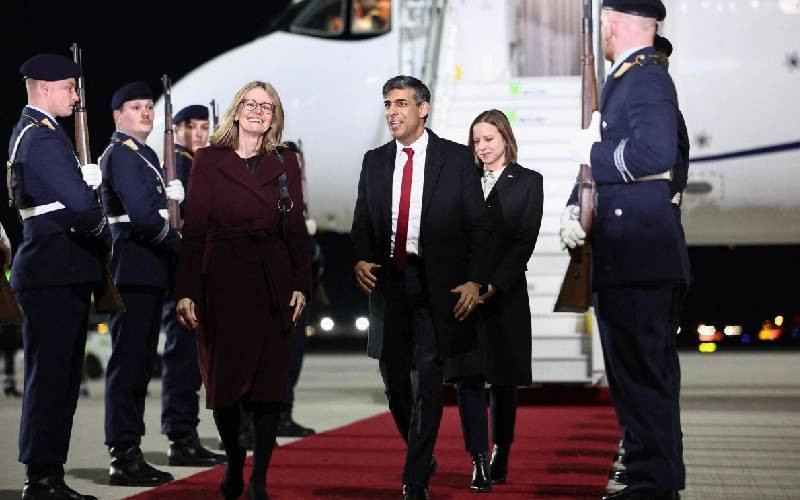 |
|
Many Kenyans are hoping that the cost of basic commodities will come down after Budget is read. [PHOTO: FILE/STANDARD] |
By MACHARIA KAMAU
Kenya: Treasury faces the daunting task of toning down tax measures that are likely to inflict maximum pain on Kenya’s poor.
A Bill that comes to the National reading of Thursday’s Budget proposes to slap Value Added Tax (VAT) of 16 per cent on a host of essential goods and inputs, including fertiliser, maize flour, bread, wheat flour, milk, livestock feed, pesticides and books. Others are sanitary towels, newspapers, computers, insecticides, locally assembled water pumps and gin cotton.
Shelved last year in the run up to presidential elections, the VAT Bill would see the cost of such commodities rise by 16 per cent or more, because their fi nal retail price is left to the discretion of traders.
For instance, currently retailing at Sh100, the price of a two-kilo pack of maize flour would rise by not less than Sh20 as manufacturers pass the extra levy on to consumers. However this could be higher in areas such as Mandera. One of the Jubilee Government’s key promises in its manifesto is to lower the cost of living for all Kenyans.
The Government is currently facing a massive shortage of funds for development, to pay salaries of public servants and finance the county government.
The total deficit is Sh250 billion.
Kenya Revenue Authority (KRA) has been unable to meet its increased targets as a result of narrow tax base, devolution, and constitutional commissions and pay increases for teachers, medical staff and lecturers.
In the nine months to March this year, KRA had collected Sh560.3 billion, which was against Sh723 billion annual targets for the 2012/13 financial year.
Appearing before the Budget and Appropriations Committee last week, the Cabinet Secretary in charge of the National Treasury, Mr Henry Rotich hinted at re-introducing the Bill to the House in a desperate move to plug the growing budget deficit.
And now a source at Treasury has said the Bill in “almost its original form” is to be tabled in Parliament as early as next week.
Essential foods
The proposal in the VAT Bill was initially meant to supplement other measures, which will be announced today by Rotich, the Cabinet Secretary in charge of The National Treasury, as a way of raising additional revenue.
However, Rotich might have to review the Bill since MPs are deeply hostile to VAT being charged on inputs and essential foods, saying they would only heap additional burdens on Kenyans.
“The VAT Bill is almost singularly the only option currently open to the Government to up its revenue collection substantially in the face of a ballooning budget,” said the Treasury source that asked not to be named because he is not authorised to speak on behalf of the ministry.
Stay informed. Subscribe to our newsletter
Treasury drafted the VAT Bill last year and it was tabled in the Tenth Parliament but was shelved following a public outcry.
Critics of the Bill then argued that imposing a levy on essential commodities such as foodstuffs was being insensitive to poor Kenyans and constituted a threat to national food security.
Traditionally the Finance Minister outlines measures the government will undertake throughout a financial year to source for money to finance the budget.
These measures are then tabled in Parliament as the Finance Bill.
While the country has experienced sufficient rains in the recent past, factors like high cost of fuel have kept prices of essential products high.
The Consumers Federation of Kenya (Cofek) said it would sue the State should the VAT Bill or any other Bill proposing to tax basic commodities, sail through Parliament.
“We will sue on the basis of Article 43 which states that ‘every person has a right to be free from hunger, and to have adequate food of acceptable quality’,” said Cofek Secretary General Stephen Mutoro at a press briefing yesterday.
“Enhancing consumption tax by targeting the majority poor is not only politically insensitive but it remains a serious economic blunder,” he said. But the VAT Bill is not just about the cost of food. It is actually the first smart attempt to streamline VAT collection.
In its position paper on the original Bill, the Institute of Certified Public Accountants of Kenya (ICPAK) said the VAT Bill “will definitely enhance revenue collection” by “creating a wider pool of taxable supplies” but noted that this must be accompanied by administrative reforms at KRA.
The Bill proposed to reduce the number of zero-rated goods, a measure the ICPAK has welcomed but cautioned that extending this to basic commodities is too simplistic.
“While the VAT Bill proposes to charge at zero rate unprocessed foods, it may be more prudent to define basic commodities and ensure that these are subject to a zero rate,” said the institute.
“For its intent and purpose, the Bill should provide a middle ground in the treatment of basic commodities,” ICPAK added.
The original Bill would have simplified VAT law and made it easier to comply with. Significantly, it would have reduced the number of new tax refund claims KRA has to deal with every year.
“The indirect effect of this is that it will enhance the country’s outlook in attracting investors and thus contribute to economic growth of the country,” said ICPAK.
Lose billions
The Government had argued that the advantages of zero-rating of essential commodities only benefited traders but rarely filtered down to consumers.
Mr Raphael Muya, an official with the Institute of Economic Affairs (IEA) Kenya said the Government should review tax incentives offered to firms investing in the country.
Various reports have in the past indicated that some investors took advantage of such tax holidays only to conveniently close shop at the expiry of the terms.
“There is need for continuous review of tax incentives like doing away with tax holidays so that the Government can have an avenue for generating revenues,” said Muya.
Mutoro said there are many taxation areas that the government has not exploited and could be used to grow KRA revenues.
These include re-introduction of the capital gains tax that was suspended in 1985 and sealing loopholes that currently see the taxman lose billions of money in uncollected taxes every year.
He added that the Government should also cut down spending, noting that there are many instances where public officials spend on projects that are not of value to the country. “The Government should put in place austerity measures within its ministries to cut down on non-essential spending,” Mutoro said, citing foreign travel by VIPs, which takes up to five per cent of the National Budget as wasteful.
“It should also stop investing in non-core services and only concentrate on what the government should be doing. We are also sustaining some foreign missions but we are not getting any return on investments.”
 The Standard Group Plc is a
multi-media organization with investments in media platforms spanning newspaper
print operations, television, radio broadcasting, digital and online services. The
Standard Group is recognized as a leading multi-media house in Kenya with a key
influence in matters of national and international interest.
The Standard Group Plc is a
multi-media organization with investments in media platforms spanning newspaper
print operations, television, radio broadcasting, digital and online services. The
Standard Group is recognized as a leading multi-media house in Kenya with a key
influence in matters of national and international interest.
 The Standard Group Plc is a
multi-media organization with investments in media platforms spanning newspaper
print operations, television, radio broadcasting, digital and online services. The
Standard Group is recognized as a leading multi-media house in Kenya with a key
influence in matters of national and international interest.
The Standard Group Plc is a
multi-media organization with investments in media platforms spanning newspaper
print operations, television, radio broadcasting, digital and online services. The
Standard Group is recognized as a leading multi-media house in Kenya with a key
influence in matters of national and international interest.










